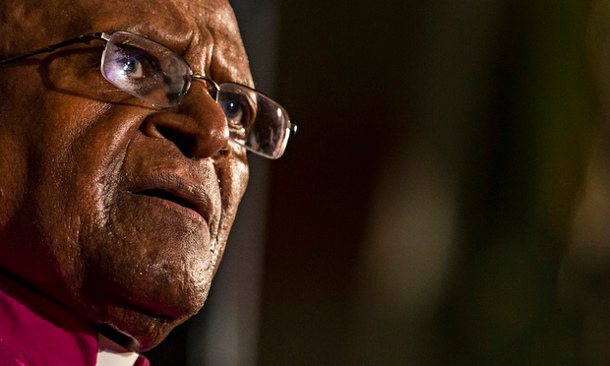University of Victoria faculty members recently voted on divesting their pension fund, and the university's endowment, from fossil fuel companies. A strong majority (66 per cent) voted in favour. The vote joins faculty with 2,000 UVic students (and growing), and campaigns at 40 campuses across the country, calling for divestment.
Why would growing numbers of students and faculty collectively challenge the energy future being actively pursued by our prime minister? The short answer resides in a simple report released by the International Energy Agency (IEA) in 2012, a report estimating that two-thirds of known fossil fuel reserves need to remain in the ground if run-away climate change is to be avoided. The economic implications of these findings are massive.
Since current valuation of fossil fuel companies includes reserves yet to be extracted, keeping these reserves in the ground means trillions of dollars in devaluation. This is the basis for what is increasingly being called the "carbon bubble." This term refers to the inflated value of fossil fuel companies, since current share prices include fossil fuel reserves that are unburnable if we want to maintain the biophysical preconditions for human prosperity. Either the carbon bubble bursts, or climactic stability bursts. A stable climate system is more essential to the human enterprise, by all metrics, than the share prices of one industrial sector.
Echoes of anti-apartheid movement
Given the biophysical constraints, fossil fuels are increasingly being referred to as "stranded assets," and are a significant risk for investors. Divestment from fossil fuel companies then makes sense from not only an ecological point of view, but also financially. The intensifying economic costs of climate change, that are beginning to be systematically accounted for, will soon result in the political marginalization of the fossil fuel industry, and the risks to long-term prosperity it poses. Individual and institutional investors who leave themselves exposed to a fossil fuel industry in its twilight will bear substantial financial risk. This is partly why a growing number of cities (including Seattle and Portland) and universities (including Stanford) have recently begun divesting their holdings from fossil fuel companies. This is also why Black Rock Inc., the world's largest asset manager, recently started a fossil fuel free fund to facilitate coming waves of divestment.
Faculty and students at UVic are part of an unstoppable global movement, akin to the movement against South African apartheid (Desmond Tutu likens the divestment strategy to anti-apartheid efforts, and spoke in favour of it again during his recent trip to Fort McMurray). Why unstoppable? Because the biophysical requirements for healthy, secure, and prosperous human life are threatened by continued investment in fossil fuel extraction. The movement is also unstoppable because growing numbers of students and faculty in universities across the world believe that profiting from companies that extract, transport, and sell fossil fuels is wrong.
The divestment movement is working to break the political deadlock on climate change by challenging the social license to operate fossil fuel companies still enjoy. This challenge will make it easier for governments to impose the kind of measures that are inevitable, but more effective if implemented sooner. These measures include disincentivizing fossil fuel consumption through robust carbon taxation, and incentivizing clean energy alternatives through large public investments in research, deployment and infrastructure. The divestment movement is helping lay the cultural and political groundwork for accelerated government action.
Political leaders must intervene
Governmental action is needed to keep at least two-thirds of known fossil fuels unburned. Yet our highest political posts are filled with a new breed of climate change denier, deniers in deed if not in word. Current pipeline projects like Keystone XL, Northern Gateway, and Kinder Morgan, all actively promoted by the Prime Minister's Office, will ensure that emission increases overwhelm short-term targets.
But because the current energy choices being made by our political leaders contradict the biophysical requirements for healthy, secure, and prosperous human life, they will be economically marginalized in our lifetimes, if they even proceed. The unstoppable divestment movement is a hopeful catalyst for the low-carbon transition that is biophysically necessary, morally right, and the gateway to genuine prosperity. ![]()
Read more: Energy, Rights + Justice, Environment
















Tyee Commenting Guidelines
Comments that violate guidelines risk being deleted, and violations may result in a temporary or permanent user ban. Maintain the spirit of good conversation to stay in the discussion.
*Please note The Tyee is not a forum for spreading misinformation about COVID-19, denying its existence or minimizing its risk to public health.
Do:
Do not: